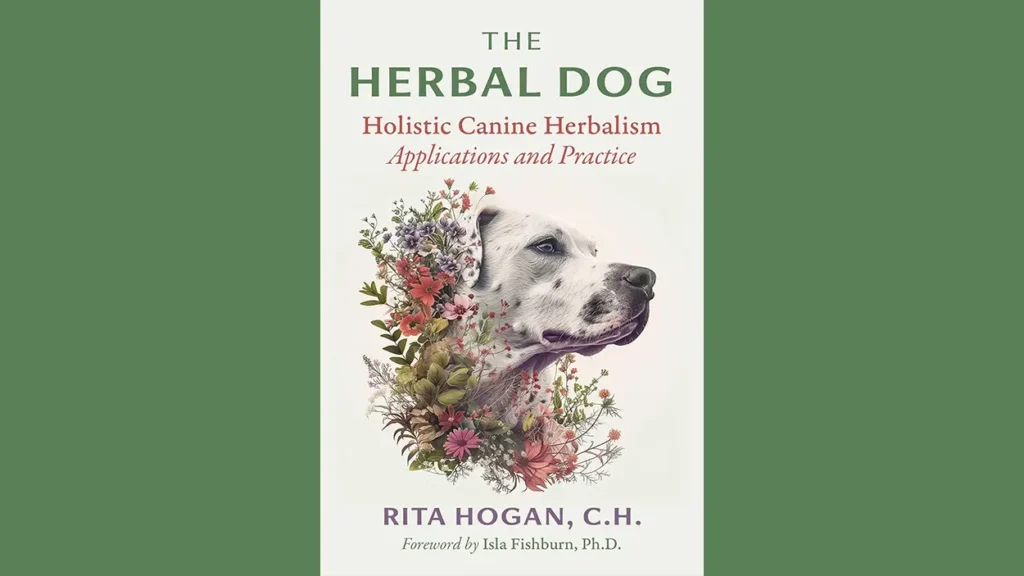Veterinary Industry Leaders Unite to Advance Environmental Sustainability

Major animal health companies collaborate on new whitepaper outlining best practices for sustainable veterinary medicine
WASHINGTON, DC, September 4, 2025 — A coalition of leading animal health organizations has published a comprehensive roadmap for environmental sustainability in veterinary medicine, highlighting growing demand from both veterinary professionals and pet owners for more eco-friendly practices.
The Human Animal Bond Research Institute (HABRI) released the whitepaper titled Healthy Planet, Healthy Pets: Toward Sustainability in the Veterinary Profession on September 4, featuring insights from six major companies: Mars Veterinary Health, Boehringer Ingelheim, Hill’s Pet Nutrition, MWI Animal Health, Virbac Corporation, and Zoetis.
Growing Demand for Sustainable Practices
Research cited in the whitepaper reveals strong stakeholder interest in sustainable veterinary practices. Sixty-five percent of pet owners want to be informed about efforts their veterinary clinic makes to reduce environmental impacts, while 76% of veterinary staff feel it’s important to know their clinic strives to be environmentally sustainable.
“HABRI is honored to convene leading companies in veterinary medicine to share best practices on environmental sustainability, so we can all learn from one another and embrace shared sustainability goals that strengthen our community and protect the human-animal bond,” said Steven Feldman, president of HABRI. “These leaders are charting the path forward for a more sustainable future for people and pets.”
Industry-Wide Collaboration
The whitepaper addresses critical areas including waste reduction, pharmaceutical stewardship, energy and water usage, and stakeholder engagement. Mars Veterinary Health funded the publication, emphasizing the need for profession-wide action.
“Urgent environmental issues require profession-wide action,” said Margo Mosher, global head of sustainability, Mars Veterinary Health. “Our connected Mars Veterinary Health network is honored to support this publication as a catalyst for stronger industry-wide collaboration, and we hope it inspires meaningful action to address the environmental challenges facing our profession—and the pets and people depending on us.”
Innovative Solutions Featured
The whitepaper showcases specific initiatives from participating companies that demonstrate both environmental benefits and business value:
Mars Veterinary Health pioneered anesthetic gas capture technology that captures up to 75% of harmful greenhouse gases typically released during veterinary procedures. The system is now active in 17 UK clinics with plans for broader implementation.
Hill’s Pet Nutrition opened a LEED Gold certified manufacturing facility in Tonganoxie, Kansas, incorporating water reclamation systems, energy-efficient design, and gravity-fed processing to reduce energy consumption.
MWI Animal Health launched a reusable tote program that has already saved 814 metric tons of CO2 emissions in 18 months while serving over 2,300 customers across 12 distribution centers.
Boehringer Ingelheim developed an innovative educational program partnering with the University of Georgia to train employees as sustainability champions, with participants reaching 4,255 additional people through outreach efforts.
Virbac eliminated cardboard display packaging for toothpaste products, saving approximately 239 trees annually and reducing greenhouse gas emissions from manufacturing and transportation.
Zoetis created a comprehensive stakeholder engagement framework called “Driven to Care” that organizations of any size can use to integrate sustainability goals into business operations.
Common Success Factors
Despite unique approaches, the companies identified five common themes that enable successful sustainability initiatives:
- Leadership from the top
- Hardwiring sustainability into all processes
- Strong employee engagement
- Ongoing stakeholder input
- Best practice sharing
“We believe sustainability initiatives gain momentum through collaboration,” said Kelly Rotkewicz, Executive Director of US Sustainability, Boehringer Ingelheim. “We’ve made our model open and accessible in hopes of inspiring similar efforts in the industry.”
Veterinarians as Sustainability Advocates
The whitepaper emphasizes veterinarians’ unique position to influence sustainable choices. Research shows 95% of animal owners trust veterinary professionals, and 91% recognize them as essential or very important to society. This positions veterinarians to promote preventive care, advise on proper disposal of medicines and packaging, and implement sustainable practices in their clinics.
Broader Industry Context
The sustainability focus comes as research highlights gaps between veterinary professionals’ environmental concerns and actual practice implementation. A 2021 study found that while professionals express interest, more research and communication support is needed to help clinics adopt sustainable practices.
Recent surveys show that while veterinary professionals are concerned about sustainability issues, only 17% of practices have environmental policies, indicating significant opportunity for improvement.
The Healthy Planet, Healthy Pets: Toward Sustainability in the Veterinary Profession whitepaper is available at www.habri.org/sustainability and represents a growing movement within veterinary medicine to address environmental challenges while maintaining high standards of animal care. As climate change and environmental sustainability become increasingly urgent global concerns, the veterinary profession is positioning itself as part of the solution through collaborative innovation and shared best practices.




Responses